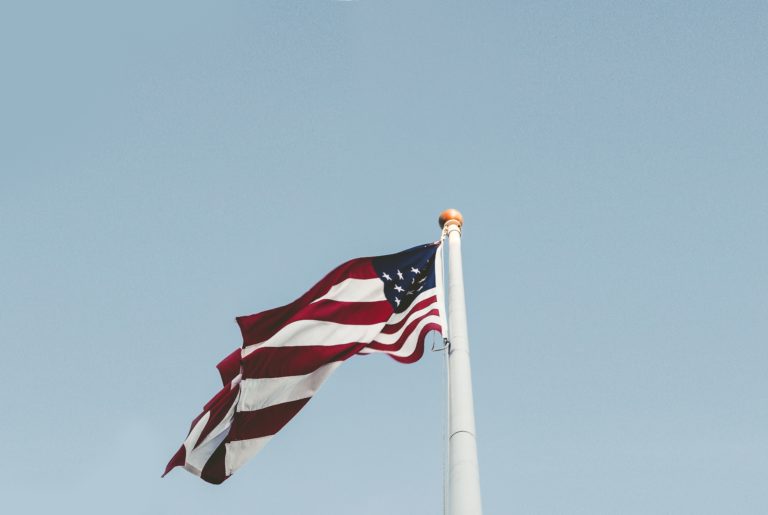By Hannah Schultz, Executive Editor
“I think the big problem this country has is being politically correct,” Donald Trump said during one of the Republican primary debates. “I’ve been challenged by so many people and I don’t, frankly, have time for total political correctness.”
The U.S. seems to be united behind Trump’s ideology on this subject. In a national poll conducted by Quinnipiac University, 51 percent said that political correctness is a bigger problem than prejudice.
“I wonder, do the TV talking heads understand the true definition of the labels they hurl at public figures: ‘racist,’ ‘sexist,’ ‘bigoted,’ or worse,” BJ Gallagher wrote in an article for the Huffington Post. “It’s gone so far that political correctness has become a bigger problem than the problem it was intended to address.”
Gallagher continues on to argue that we overuse such labels because we misunderstand the severity of others’ comments, seeing sexism or racism when there is only a “jerk.” She claims that the “PC Police” prevent meaningful discussions about these topics by instilling the fear of judgement and causing offense into the populace. For Gallagher, as well, our culture does not have time for total political correctness.
But, should this be true?
According to Merriam-Webster’s Dictionary, the definition of political correctness is “the avoidance of forms of expression or action that are perceived to exclude, marginalize or insult groups of people who are socially disadvantaged or discriminated against.”
[perfectpullquote align=”right” cite=”” link=”” color=”” class=”” size=””]She claims that the “PC Police” prevent meaningful discussions about these topics by instilling the fear of judgement and causing offense into the populace. For Gallagher, as well, our culture does not have time for total political correctness.[/perfectpullquote]
However, culture has twisted the idea of political correctness into mere hyperbole — “Hating pumpkin spice lattes is sexist,” reads a headline from last fall that caused online outrage about “political correctness gone mad.” Political correctness has become a punchline to complement society’s never-ending thirst for controversy.
But this does not change the intentions of the idea. According to its original purpose, political correctness protects the historically voiceless from prejudice and discrimination. So why would anyone be against that?
The answer is simple: in a postmodern world, people do not want to be held responsible for what they say and do.
Trump and others desire a society where words and actions are only held to the standard of your own moral beliefs — it doesn’t matter if you offend or discriminate against someone else as long as it measures up to your self-drawn moral compass. If Trump believes his Access Hollywood comments were just locker-room talk, then they were. If Trump believes his refugee-screening policies are not xenophobic, then they aren’t. If Trump believes perpetuating harmful stereotypes about Mexicans is not racist, then why should it be?
According to the Internet Encyclopedia of Philosophy, moral relativism is “the view that moral judgments are true or false only relative to some particular standpoint and that no standpoint is uniquely privileged over all others.” This is the religion that Trump and much of our modern culture adheres to: we are each governed by only what we personally believe is right or wrong, and we do not to hold ourselves accountable for how our words and actions affect others.
However, as Christians, we must be on the side of political correctness because we know that moral relativism is the rejection of God’s moral law. We know that God called us to be spokespeople for the discriminated against and oppressed.
Proverbs 31: 3-8 says, “Speak up for those who cannot speak for themselves, for the rights of all who are destitute. Speak up and judge fairly; defend the rights of the poor and needy.”
Political correctness is not the enemy — and for Christians, political correctness, as defined by the dictionary as monitoring ones speech to resist discriminatory or abusive language, is God’s commandment for our lives. If political correctness is a difficult task, look at your heart: “For out of the overflow of the heart, the mouth speaks.”
TIME put it this way: “If you’re like many Americans, you might have been persuaded political correctness is one of our country’s primary problems. Trump badly wants you to believe this, but you’d be wrong to do so. . .The opposite of political correctness is not unvarnished truth-telling. It is political expression that is careless toward the beliefs and attitudes different than one’s own.”




